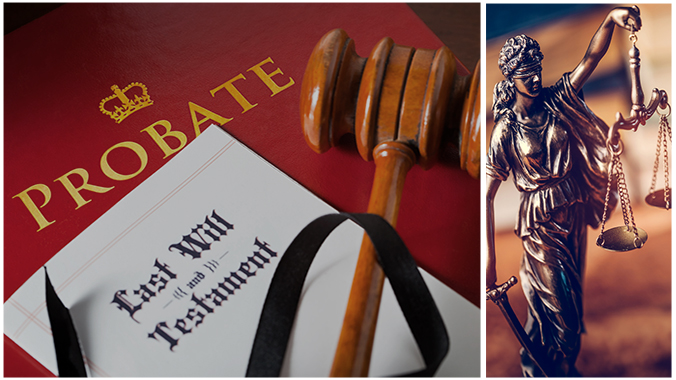A probate attorney plays a significant role in guiding individuals and families through the often complicated process that follows the death probate litigation attorney of a loved one. When someone passes away, their estate must go through the probate process to ensure that their final wishes are honored, debts are settled, and assets are distributed according to the law. This can be a lengthy, emotionally taxing process, and a probate attorney is there to assist with every step, from filing documents with the court to handling any legal issues that arise.

One of the primary responsibilities of a probate attorney is helping the personal representative, or executor, of the estate navigate the legal requirements of probate. The personal representative is tasked with ensuring that the estate is administered correctly and in compliance with the law. They must manage the deceased person’s assets, pay any outstanding debts, and ultimately distribute the assets to the rightful heirs or beneficiaries. The probate attorney provides guidance to ensure that the personal representative fulfills these duties properly and avoids any legal pitfalls along the way.
While probate can often be a straightforward process, there are instances where complications arise, such as disputes over the validity of a will or conflicts among family members regarding the distribution of assets. In these cases, a probate attorney becomes even more important. They work to resolve disagreements by providing legal advice and, if necessary, representing their clients in court. Disputes can be emotionally charged, but a probate attorney brings a level of expertise and professionalism to help mediate and resolve these conflicts.
If the deceased person did not leave a will, the situation can become more complex. In such cases, the estate is considered intestate, and the probate attorney helps guide the personal representative through the laws governing the distribution of assets. The probate process can take longer when there is no will, as the court must determine who the legal heirs are and how the assets should be divided. A probate attorney ensures that the estate is handled according to state laws, which can vary depending on the jurisdiction.
In addition to administering the estate, probate attorneys are also well-versed in handling any tax matters that arise during the probate process. Estate taxes, income taxes, and other financial obligations must be addressed before assets can be distributed to beneficiaries. Probate attorneys help ensure that the estate meets its tax obligations, potentially reducing the tax burden through strategic planning. Their knowledge of tax law can be instrumental in minimizing the financial impact on the estate, ultimately preserving more of the deceased person’s assets for their heirs.
The probate process can sometimes take months or even years to complete, depending on the size and complexity of the estate. During this time, the probate attorney provides valuable support and guidance, helping the personal representative stay on track and meet all deadlines. They handle the legal aspects of the process, which allows grieving family members to focus on their emotional well-being rather than dealing with the intricacies of probate law.
Choosing the right probate attorney is crucial. Families should look for an attorney who not only has a deep understanding of probate law but also demonstrates compassion and empathy for those going through a difficult time. A probate attorney who is both knowledgeable and understanding can make a significant difference in how smoothly the probate process unfolds.
Ultimately, the role of a probate attorney is to ensure that the estate is handled properly, legally, and in accordance with the decedent’s wishes. Their expertise provides peace of mind to families who may be overwhelmed by the complexities of probate. By offering legal counsel, resolving disputes, and managing tax issues, probate attorneys play an essential role in helping families through a challenging time and ensuring that a loved one’s legacy is respected.